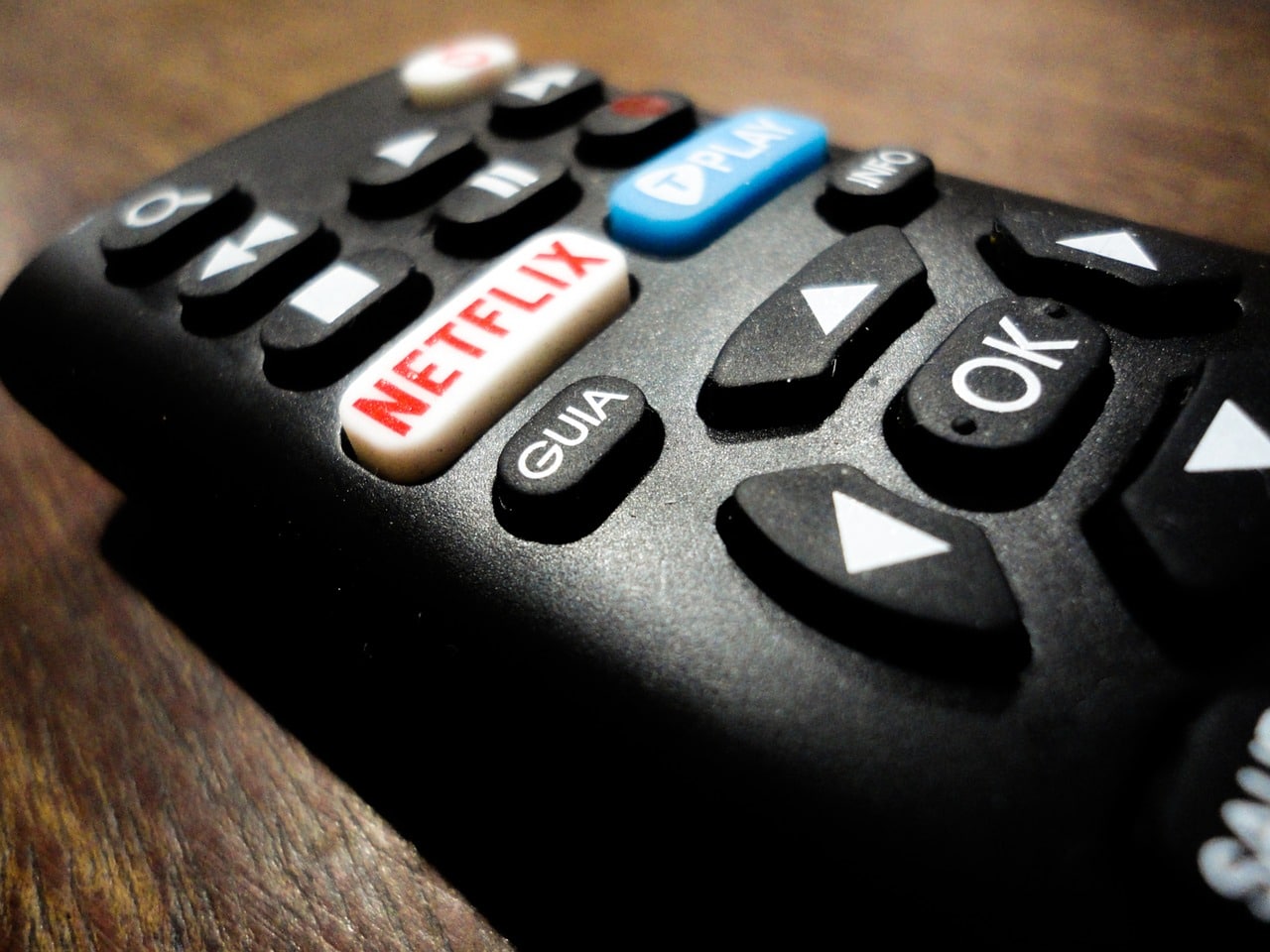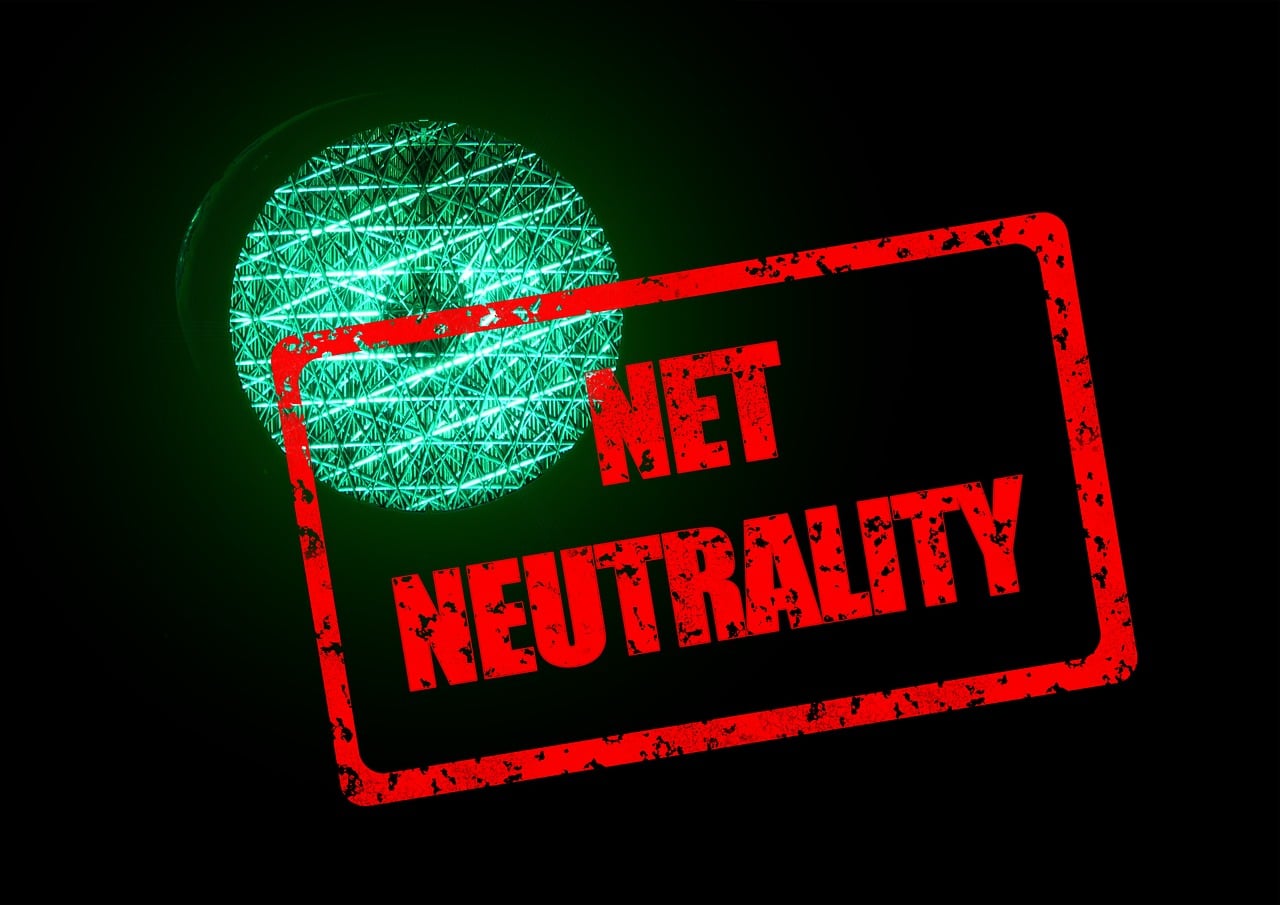On June 11, 2018, an Obama-era principle known as net neutrality ended. But the conversation, criticism, and concern around this Trump-era decision will continue well into the future. Since there are a few moving pieces to the net neutrality puzzle, here is a primer on what you need to know about the past — and the future.
IMAGE: PIXABAY
What Is Net Neutrality?
Net neutrality is a principle that says all traffic on the internet should move back and forth on a level playing field. For example, if you’re streaming TV shows and movies on Netflix and your broadband provider is AT&T, then AT&T can’t somehow slow down your internet connection when you’re on Netflix, but speed it up when you’re watching content on Time Warner (which AT&T is attempting to purchase).
Back in 2015, the Federal Communications Commission (FCC) under former President Obama reclassified broadband internet as a utility, just like the good ol’ fashioned phone company. That gave the FCC the legal right to establish what became known as net neutrality.
What’s Changing Now?
As noted above, net neutrality effectively died on June 11, 2018, nearly six months to the day after the FCC, led by Chairman Ajit Pai, voted to repeal it. To say that Pai has incurred some blowback for leading the charge against net neutrality is an understatement. In fact, he’s widely panned as one of the most hated people on the digital landscape.
While changes won’t take place overnight, there are two major shifts on the horizon. The first is that users — both businesses and residential customers, as well as folks who access the internet from libraries, schools, and so on — will soon notice a speed difference based on their broadband provider.
For example, checking Facebook or shopping on Amazon could be faster than the past; or it could be slower. If it’s the latter, then customers may be able to dial up the velocity if they’re willing to pay more. No, this extra financial burden won’t hurl people into deep debt and oblige them to consult an expert like bankruptcy lawyer Charles Huber. But it will definitely lead to a financial hit to a personal or business budget.
The second shift is that the Federal Trade Commission (FTC) is taking over from the FCC as the internet police. The concern here is that the FTC is already over-loaded and under-resourced, and many experts predict that this will lead to a less secure and riskier internet landscape.
Looking Ahead
Frankly, there’s plenty to worry about here. But there are some positive possibilities, too. For example, if things go the way that the FTC and FCC hope, in the future broadband companies will invest in more infrastructure and better services — both of which would benefit end users.
However, skeptics argue that these companies will essentially line their pockets (and those of their shareholders) vs. spend money to make things better for customers and communities. As always, time will tell. Net neutrality may be dead, but the debate about the future of the internet — what it is, what it isn’t, and especially who owns and pays for it — is just getting started.
If you are interested in even more technology-related articles and information from us here at Bit Rebels then we have a lot to choose from.


COMMENTS